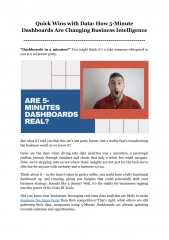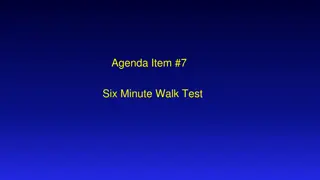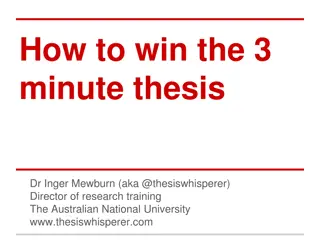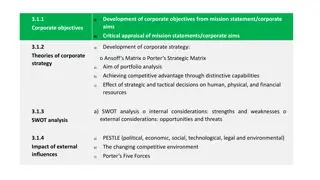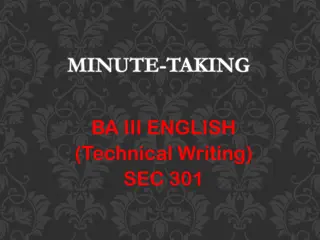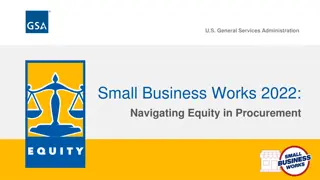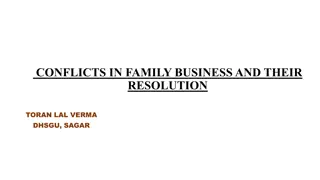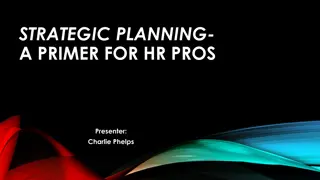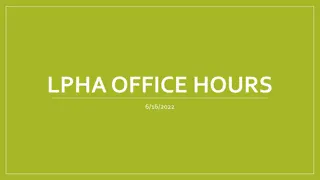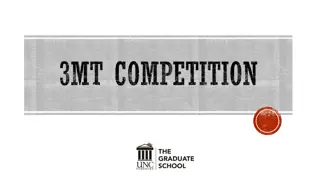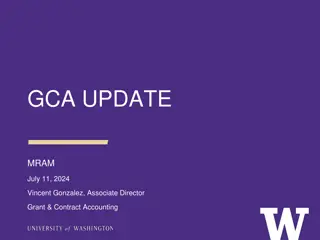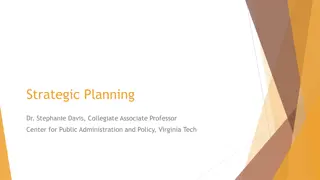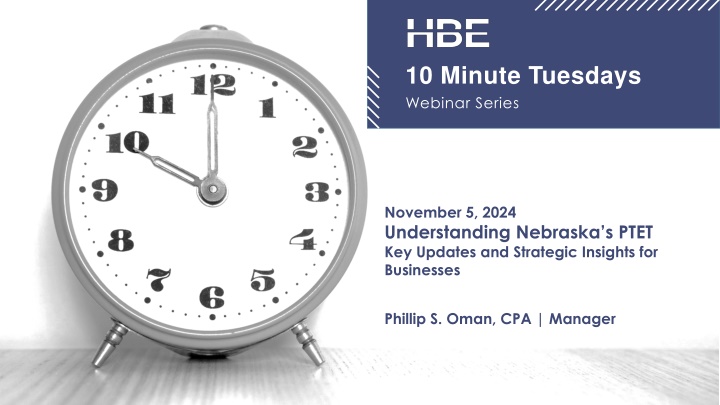
Nebraska PTET Election Mechanics and Updates for Businesses
"Learn about Nebraska's Pass-Through Entity Tax (PTET) election mechanics, key updates, and strategic insights for businesses. Discover how the PTET works, who can make the election, tax rates, retroactive elections, estimated tax payments, and more. Stay informed to effectively manage your tax liabilities in Nebraska."
Download Presentation

Please find below an Image/Link to download the presentation.
The content on the website is provided AS IS for your information and personal use only. It may not be sold, licensed, or shared on other websites without obtaining consent from the author. If you encounter any issues during the download, it is possible that the publisher has removed the file from their server.
You are allowed to download the files provided on this website for personal or commercial use, subject to the condition that they are used lawfully. All files are the property of their respective owners.
The content on the website is provided AS IS for your information and personal use only. It may not be sold, licensed, or shared on other websites without obtaining consent from the author.
E N D
Presentation Transcript
10 Minute Tuesdays Webinar Series November 5, 2024 Understanding Nebraska s PTET Key Updates and Strategic Insights for Businesses Phillip S. Oman, CPA | Manager
Nebraska Pass-Through Entity Tax (PTET) Election What is a Pass-Through Entity Tax (PTET) and its background? With the enactment of the Tax Cuts and Jobs Act (TCJA) in 2017. A single or married taxpayer can only deduct state and local taxes up to $10,000 and would only benefit upon itemizing (which has become increasingly difficult). A PTE is state-by-state specific legislation that allows a federal deduction against income for state taxes that would have previously been paid at the individual level (IRS Notice 2020-75). 36 states and 1 locality have similar legislation. This number has not changed since last year. All states near Nebraska with income tax have similar legislation. 2
Nebraska (PTET) Election Mechanics The election can only be made on Pass-Through Entities (Partnerships and S-Corporations) Sole proprietors and single member LLC s filing on Sch. C/Sch. E/Sch. F can not make the election. The election is made annually on a timely filed pass-through tax return (including extensions) for the tax year beginning January 1, 2023, and each year thereafter. Tax is paid at the highest individual tax rate (see slides below for rates for each year). For 2024, the highest tax rate is 5.84% and phases down to 3.99% by 2027. Retroactive elections will follow the 2018 2022 highest individual tax rate of 6.84%. The election must be made by all owners. No opt-outs allowed. If the pass-through entity files tax returns in multiple states, the Nebraska tax election will apply to only Nebraska apportioned income. Nebraska taxes deducted against federal income are added back on the entity s Nebraska return. If other state PTET s are paid, only the Nebraska taxes deducted are added back to Nebraska. 3
Nebraska (PTET) Election Mechanics - Continued Estimated tax payments are required beginning with the 2024 tax year if estimated tax liability is $400 or more. The PTET is a 100% refundable credit to each owner for taxes paid on their behalf. Receive credit on their form K-1N. Most businesses will be required to make payment electronically via NE E-Pay. Nonresident individual owners with no other Nebraska sourced income other than from the PTE are not required to file a Nebraska individual tax return. 12-N s are not required to be signed and retained by the entity. LB 754 allows for retroactive PTET elections for tax years 2018 2022 (Form PTET-ER). Many businesses took advantage of retroactive elections either during 2023 or upon filing their 2023 return in 2024. Businesses have until the end of 2025 to make the retroactive PTET election if not already elected. Amended returns are NOT REQUIRED. If the current federal tax law reverts to pre-TCJA at the end of 2025, PTE s will still have the ability to make Nebraska PTET elections. Some states have legislation that will terminate PTET elections if TCJA sunsets. 4
Lowered Nebraska Tax Rates Top Individual Tax Rates (6.84% in 2022 and prior) 2023 6.64% 2024 5.84% 2025 5.20% 2026 4.55% 2027 3.99% *Nebraska PTET is a flat tax rate that is the same as the highest individual tax rate shown above* 5
Cash vs. Accrual Basis Entities The PTE s accounting method can dictate when the election and payment should be made. Cash basis Payment must be made before year-end to receive the deduction in the 2024 tax year. Election won t need to be formally made until filing 2024 tax return (including extension). Once the return is filed and Nebraska taxable income is known, can choose to either refund the overpayment/apply towards next year or pay the remaining balance due. Accrual basis Payment can be made before year-end. Alternatively, can choose to make the current year election before year-end (PTET-E) and accrue the tax on the 2024 tax return. Then make the payment in full based on the 2024 NE taxable income. For both cash and accrual entities, If payment hasn t been made by the original due date (March 15), then interest will compute. However, no late filing penalties if extension made. 6
Taxability of PTET Refund Taxpayers who itemize will receive a Form 1099-G in the following year. Retroactive elections will receive a separate form 1099-G for each year the credit was claimed during 2018- 2022. Retroactive credits Generally, no taxable issue since simply repaying taxes that were already paid in the applicable prior years. Current year credits A portion might be taxable, but generally only up to the $10,000 limit (which would include other state taxes and local taxes paid). The benefit of the credits will far outweigh any potential taxable income require to be picked up in the following year. 7
Other Considerations and Planning Opportunities Have 2024 estimate tax payments been made? Safe harbor estimates typically set up for 100% of 2023 NE tax. Underpayment penalties would incur if estimates not made equally. If estimate payments have been made, is income projected to be higher or lower than anticipated when filing 2023 tax return? Is income expected to be significantly higher in 2025 than 2024? Have there been any ownership changes? Any expected business buy/sell that will occur before year-end? Real estate partnerships with significant Property Tax Credits (PTC) in 2023, should review how the elimination of PTC will impact tax due on 2024 return. If PTC was greater than PTET tax, most likely no estimates set up for current year. Tiered partnerships, who makes election and how are they distributed to owners. 8
Nebraska PTET Example PTE Taxable Income Apportionment Factor (NE) Nebraska Taxable Income PTET Tax Rate (2024) PTET Taxes Paid in 2024 Refundable Credit 2024 PTET Credit to Owners PTET Example $250,000 100% 250,000 5.84% 14,600 100% 14,600 Assumptions in our example: 100% of income is Nebraska sourced Accrual basis, and no taxes paid in 2024. This is the only income on the taxpayers return The Fed Tax Rate is at the marginal rate (what is your next dollar earned taxed at). 2024 Federal PTET Deduction Marginal Fed Tax Rate (MFJ) Fed Tax Savings before QBI 14,600 24% 3,504 Reduction in Qualified Business Income QBI Rate Reduction Against Taxable Income Marginal Fed Tax Rate (MFJ) Reduction of Fed Tax Savings 14,600 20% 2,920 24% 701 Fed Tax Savings before QBI Reduction of Fed Tax Savings Total Tax Savings by Making NE PTC Election $ 3,504 701 2,803 9
Useful Links Nebraska Department of Revenue Nebraska Frequently Asked Questions (FAQs) https://revenue.nebraska.gov/about/frequently-asked-questions/pass-through-entity-tax-faqs Nebraska e-pay https://revenue.nebraska.gov/businesses/nebraska-e-pay Payment codes to be used when making electronic payment S corporation: 02000 or 02100 Partnership: 02900 10
Contact Information Contact Information Phillip S. Oman, CPA Manager poman@hbecpa.com (531) 739-5659 www.hbecpa.com Disclaimer: These materials do not constitute tax or legal advise, and cannot be relied upon for purposes of avoiding penalties under Internal Revenue Code. These materials may omit discussion of exceptions, qualifications, definitions, effective dates, jurisdictional differences, and other relevant authorities and considerations. In no event should an audience member rely on these materials in planning a specific transaction or litigation. Non-lawyers should not attempt to provide legal services or legal advice in circumstances where that would violate laws against unauthorized practice of law. HBE will not be responsible for any error, omission, or inaccuracy in these materials. 11



